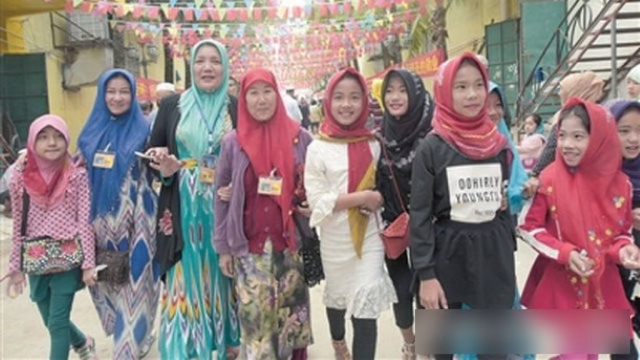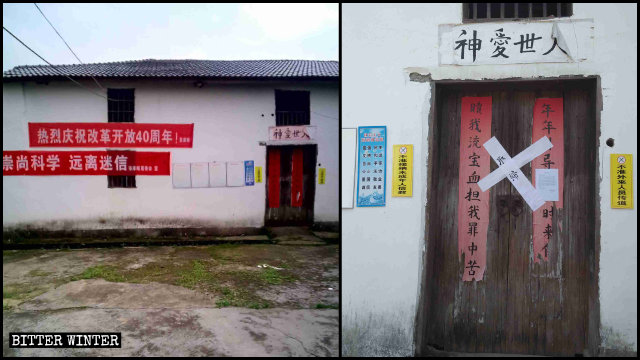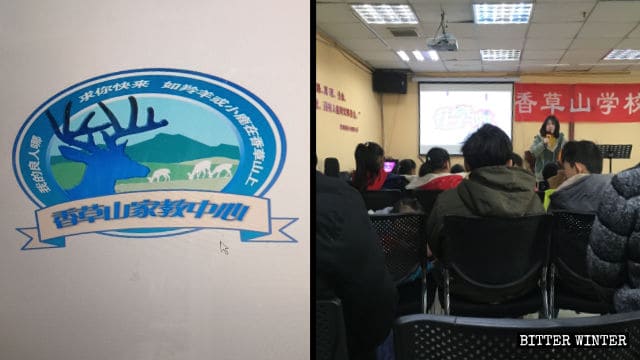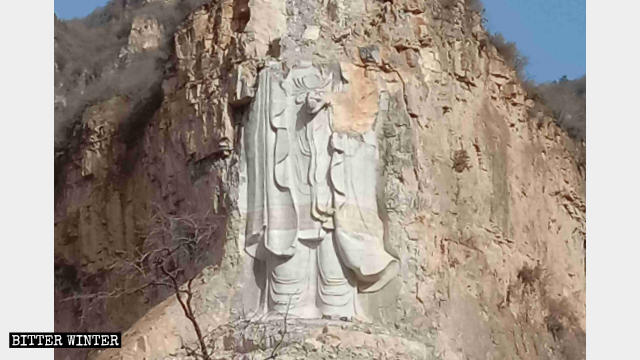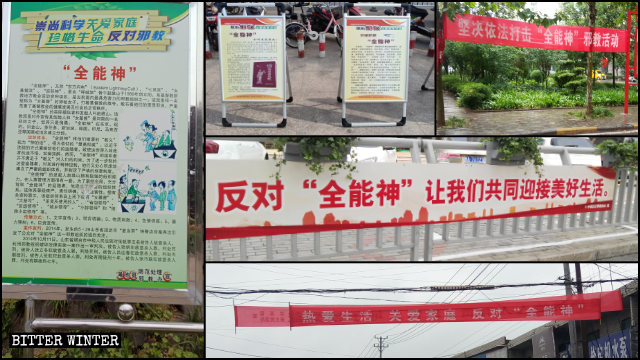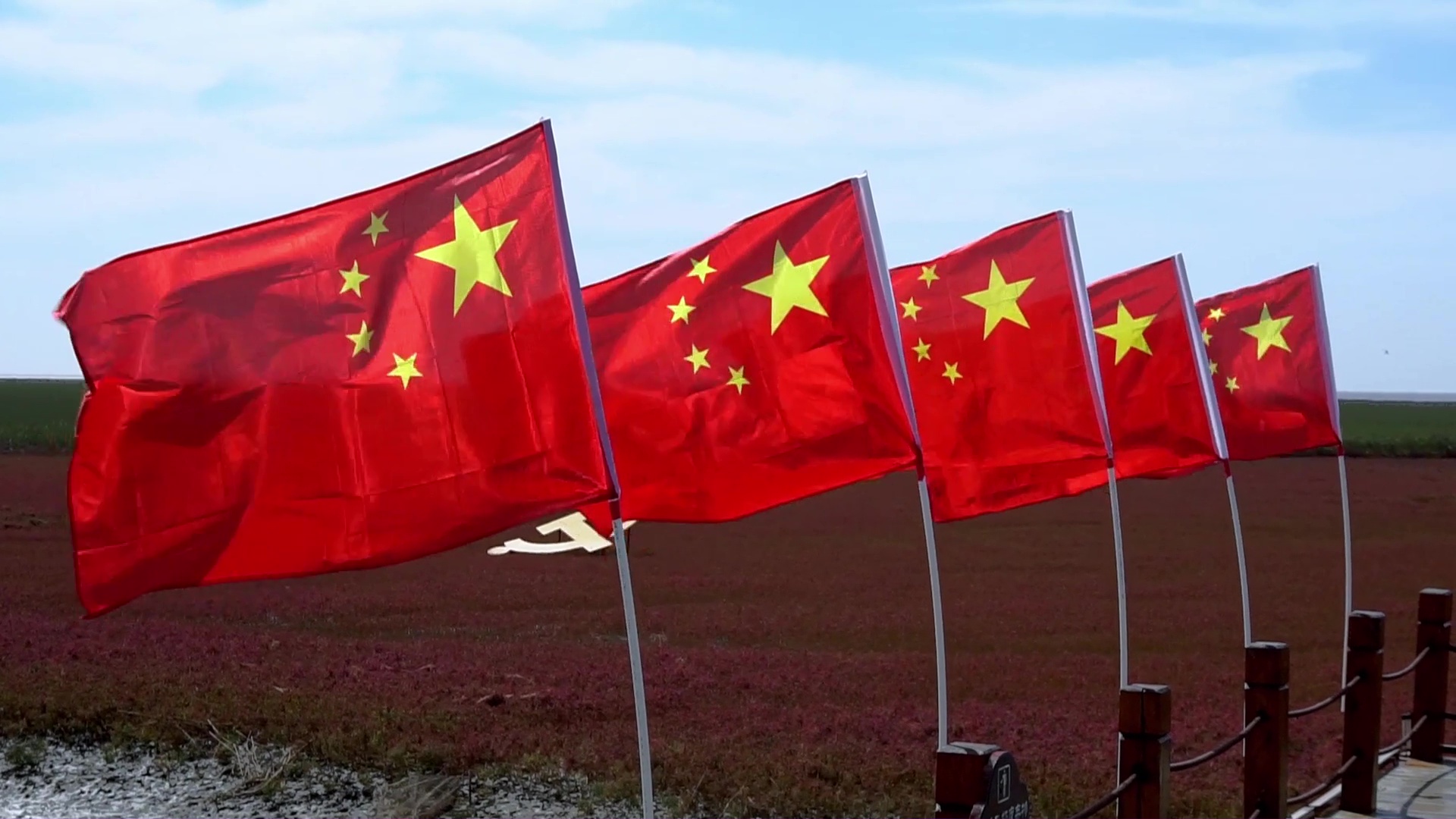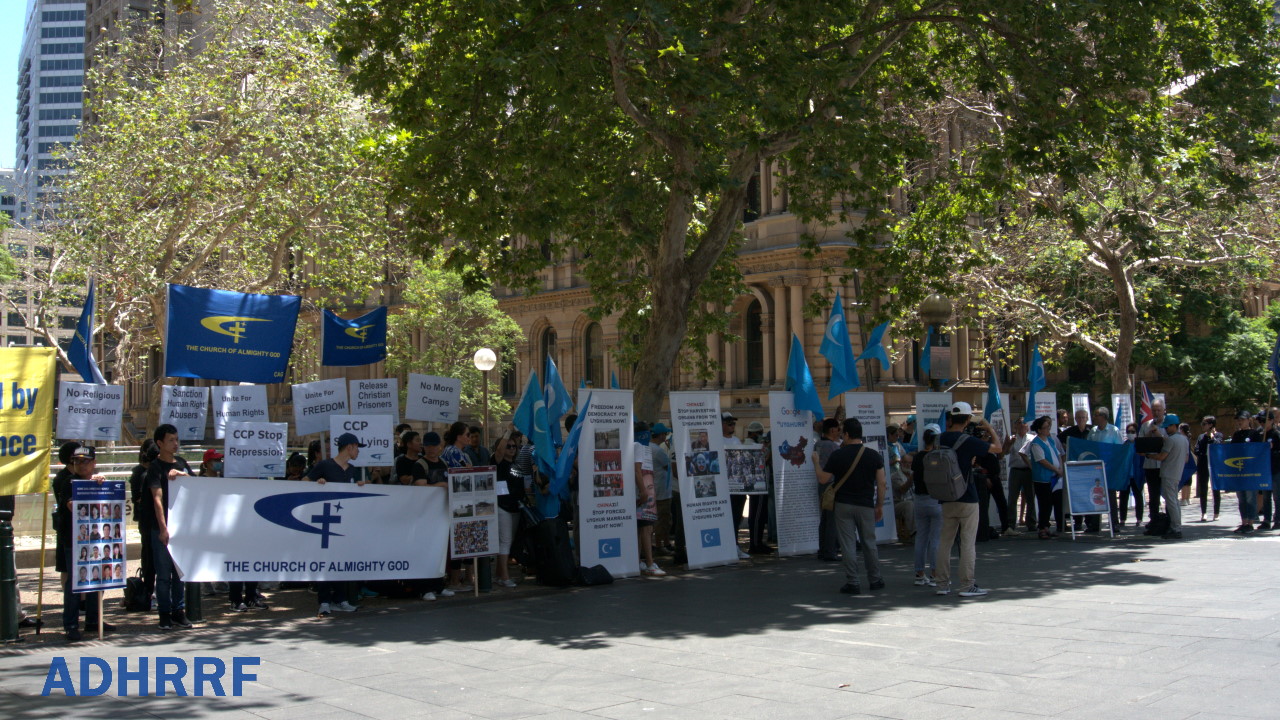
Fear of mass protests in China is leading to total surveillance, ideological control, and suppression of dissidents and human rights groups.
Bitter Winter has acquired an 18-page-long internal document issued by the authorities of a city in Liaoning in May 2018. The document details the methods by which the Chinese Communist Party (CCP) seeks to “maintain social stability.” Entitled Implementation Suggestions for 2018 Social Stability Maintenance Tasks for the Leading Group for Maintaining Social Stability, it calls for faster development of “Sharp Eyes” Project, promotion of the “Fengqiao Experience,” and the completion of a digitization system.
Bitter Winter has documented individually some of these programs, such as the use of the Fengqiao Experience to deploy citizen monitors to report on religious individuals; the Sharp Eyes Project which places surveillance cameras throughout the countryside; and use of the Social Credit System to restrict the activities of public intellectuals and dissidents. This new document helps to see how the different social stability control programs fit together.
The document explains that the CCP wants to establish a “safe and reliable inter-departmental big data platform” as quickly as possible, “promoting the modernization of social stability maintenance tasks through intelligence and informatization.”
Over the past year, in particular, an Orwellian surveillance system has taken shape in the name of maintaining social stability.
The document lists many – and growing – potential causes of social instability, including the anniversary of the Tiananmen Square protest of 1989; poverty and its alleviation issues; the lack of employment for university and college graduates; poor provisions for retired military personnel; and fluctuation of stock and real-estate markets. The government believes each of these, or a combination of them, could lead to mass protests.
According to this document, authorities are working to manage these social problems to “prevent and defuse social conflicts, starting from the source” to ensure the prevention of mass uprisings. They aren’t trying to solve these social issues, but merely manage them to keep their grip on power.
For handling problems with retired military personnel, for example, the document states that officials must “do their utmost in handling key mass stability tasks for retired military personnel… enhance educational guidance, and concentrate them [retirees] around the Party and the government.” “Leading troublemakers” that can’t be “persuaded,” on the other hand, must be “seriously handled.” As for how to solve actual problems for retired military personnel, the document offers no instruction.
Some commenters believe that increasing pressures and conflicts in grassroots society are beginning to fuel public grievances. Mass movements currently underway in Venezuela calling for regime change are putting the CCP on edge. Thus, the resolution of issues in grassroots society has become a priority in social stability maintenance.
As per the CCP, the first step in controlling grassroots grievances is to control ideology, which has always been one of the Party’s core areas of concern, and authorities are only allowing doctrines that protect the current regime to exist.
The document demands, “Clear-cut stands, opposing and resisting the infiltration of western ideology; opposing and resisting erroneous ideological trends and viewpoints against the leadership of the Party or attacking socialism with Chinese characteristics; and maintenance of integrated, society-wide ideologies, as well as the stability of public sentiment.”
Intimately tied to ideological control is the CCP’s control of the Internet. The document indicates that officials must “purge the sensitive, harmful information online against the leadership of the Party, the fundamental routes of the Party, and the socialist road with Chinese characteristics.” They must also “enhance management of online groups such as QQ and WeChat groups, and shut down activities that threaten state security and social stability.”
The document also demands to target key online personnel and critical groups. It singles out the need to handle mass online and real-world activities, such as going to provincial capital cities or Beijing for assemblies, in a timely matter, and to rank such activities highly among social stability maintenance tasks.
Reportedly, since the end of 2018, large numbers of internet users in Mainland China who had used Virtual Private Networks (VPNs) to breach the so-called Great Firewall have been questioned and detained, and their Twitter messages have been deleted. The document also emphasizes that officials must “enhance the blocking of foreign enemy websites, and effectively obstruct the infiltration of harmful foreign information entering our borders.”
Human rights lawyers, dissidents, and “bad” online “Big Vs” (the term in China for influential opinion leaders whose identities are certified and who have large numbers of followers on Weibo, a Chinese social platform) are targets subject to control and supervision. The document demands that officials “take strict precautions to prevent (human rights activists, dissidents, and Big Vs) from engaging in activities that disrupt political security and social stability; colluding with anti-Chinese western forces; absolutely forbid leaders from emerging from among the dissidents; and absolutely forbid the formation of an opposing political faction.”
As for human rights organizations and other types of illegal groups and their activities, the document states that officials must “promptly persuade those that can be persuaded to disband, and resolutely crack down on those who won’t listen to dissuasion and insist on continuing their activities.”
The CCP lists Falun Gong, The Church of Almighty God, and other religious groups that are deemed to fraternize with foreign powers as primary targets for “Color Revolution” prevention.
Overall, the push for mass surveillance highlights the challenges facing advocates for religious freedom and human rights in China. But it also highlights the current fear gripping the regime that they could be vulnerable to a Color Revolution of their own.
Source:BITTER WINTER /

